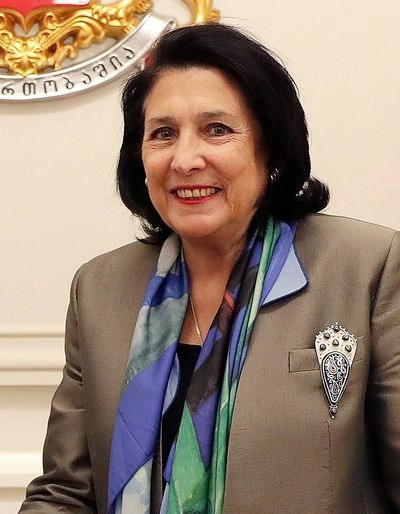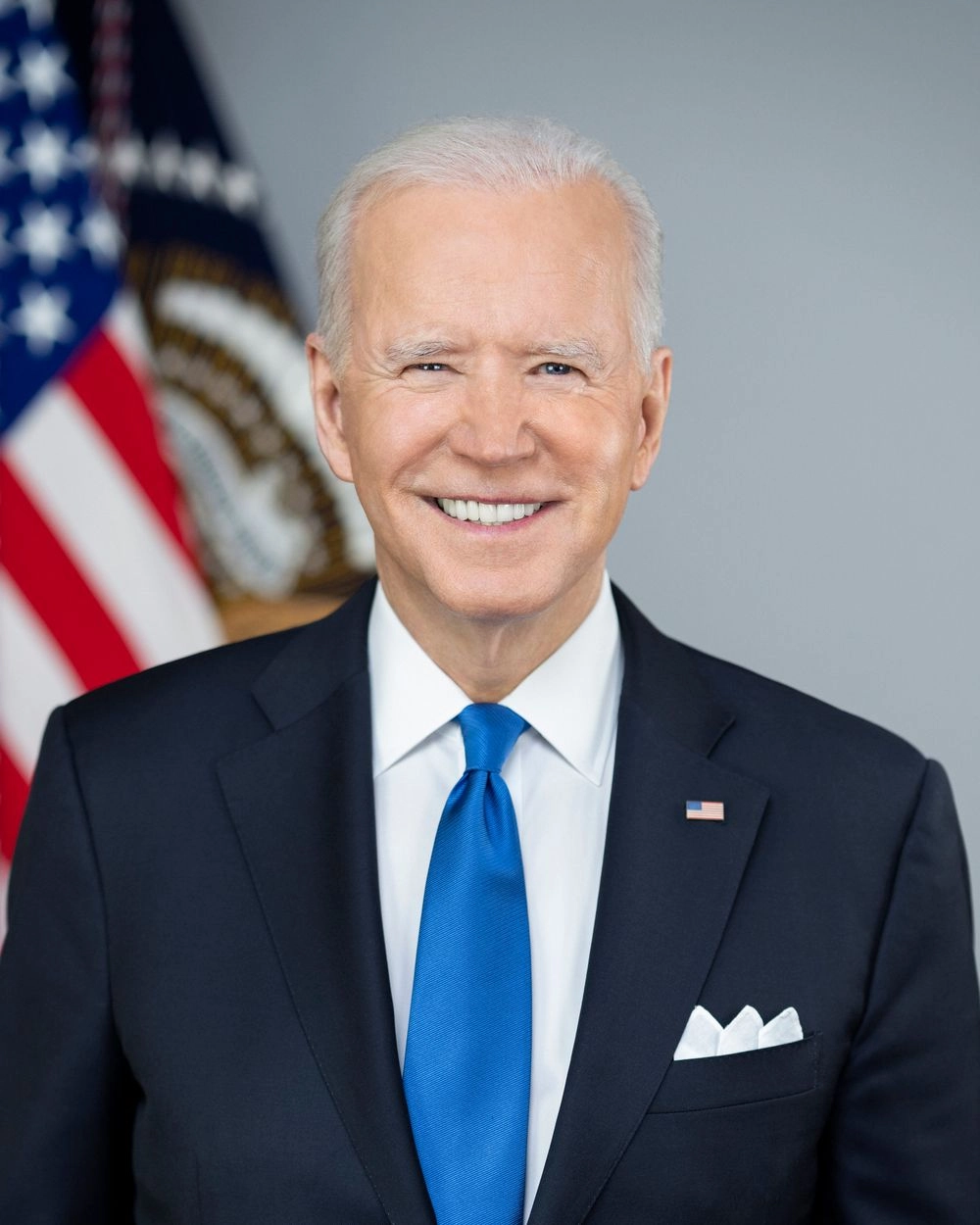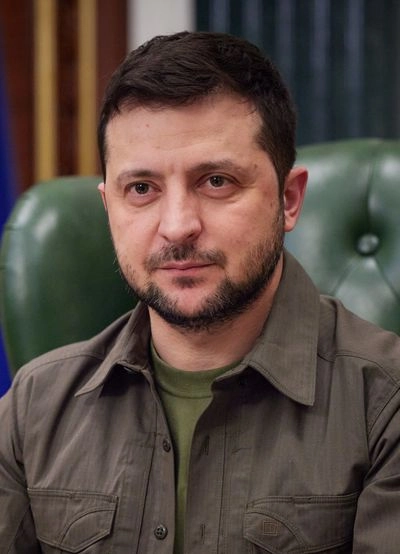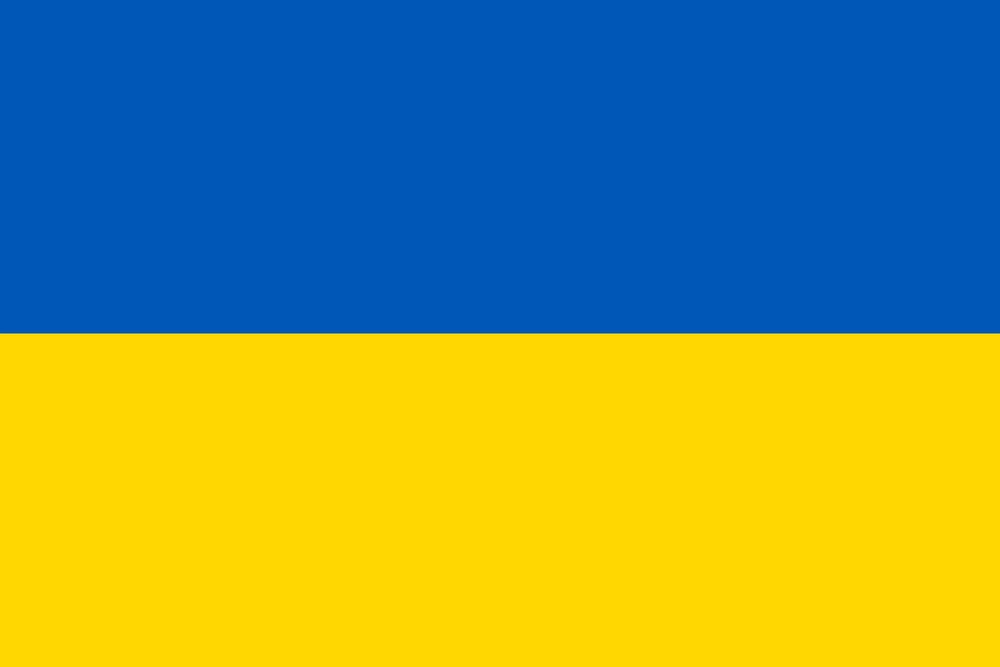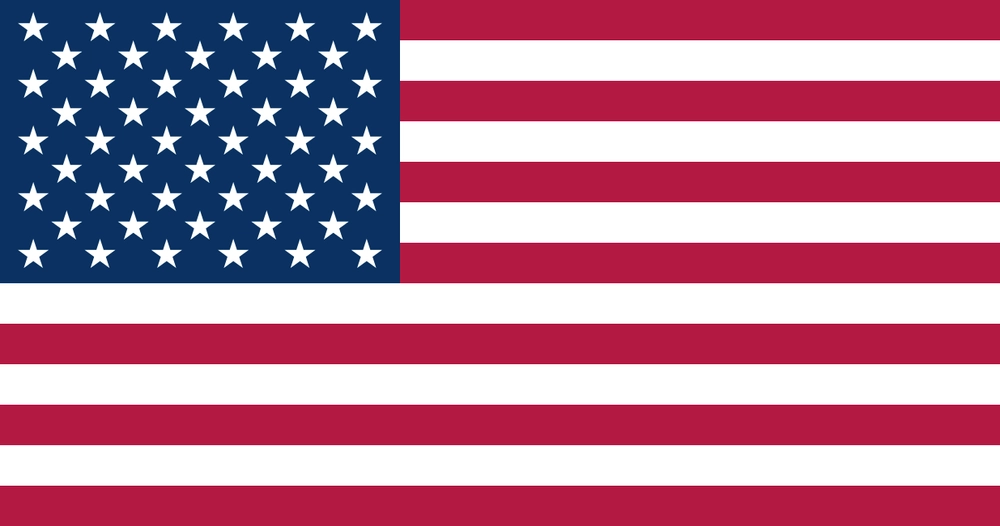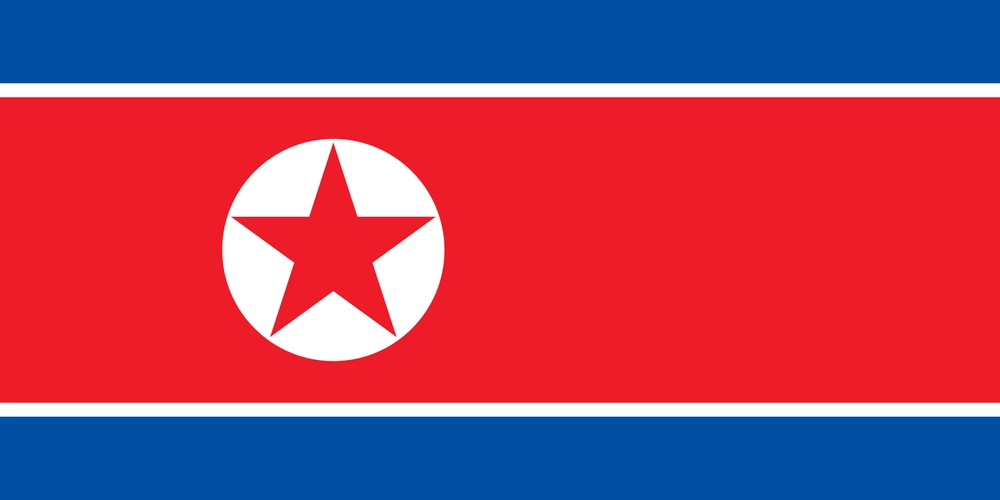
Vaccination before school and kindergarten: the Public Health Center reminded about mandatory vaccinations
Kyiv • UNN
The Public Health Center reminded of the necessary vaccinations for children before entering educational institutions. Children must be vaccinated against 10 diseases for kindergarten, and first-graders receive additional doses of vaccines.
Children whose parents plan to send them to kindergarten must be vaccinated against 10 diseases. First-graders will need to receive another dose against measles, mumps and rubella at the age of 6, as well as another against polio and diphtheria and tetanus. This was reminded by the Center for Public Health, UNN reports.
Details
According to the Center, in order to be enrolled in an educational institution, whether it is a kindergarten, school or other educational institution, a child must undergo a mandatory medical examination by a family doctor, therapist or pediatrician and receive a so-called “Certificate Form No. 086/o”. It contains, among other things, information about the child's preventive vaccinations according to the age according to the National Vaccination Schedule.
Why it is important for children to be vaccinated
If 95% of the children in an organized group are vaccinated, conditions arise when the spread of an infectious disease becomes impossible, which helps protect children who cannot be vaccinated because they have medical contraindications to vaccination.
In front of the kindergarten
Children whose parents plan to enroll them in kindergarten must be vaccinated against 10 diseases: tuberculosis, hepatitis B (3 doses), measles, mumps, rubella, whooping cough, diphtheria, tetanus (4 doses), polio (4 doses), and hemophilus (3 doses).
Before school
Parents of first-graders should remember that, in addition to the vaccinations already listed, a child should receive a second dose of measles, mumps and rubella at the age of 6, and a fifth dose of polio, diphtheria and tetanus.
At the age of 14, a child should receive the sixth polio vaccination, and at 16 - diphtheria and tetanus vaccinations.
Monkeypox: Ukraine has a vaccine for risk groupsAugust 16 2024, 04:16 PM • 146900 views
Where and how to vaccinate a child
To get your child vaccinated, make an appointment with your family doctor, general practitioner or pediatrician with whom you signed the declaration, or contact the nearest health care facility. All vaccinations according to the calendar are free of charge.
During the visit, the doctor will answer all your questions about vaccination: how vaccination is performed, what vaccines are available, contraindications to vaccination, and what reactions the body may have after vaccination.
Be sure to tell your doctor if your child has any allergic reactions or reactions to previous vaccinations, the Center reminded.
After the child's examination by a doctor, get a referral for vaccination and get vaccinated.
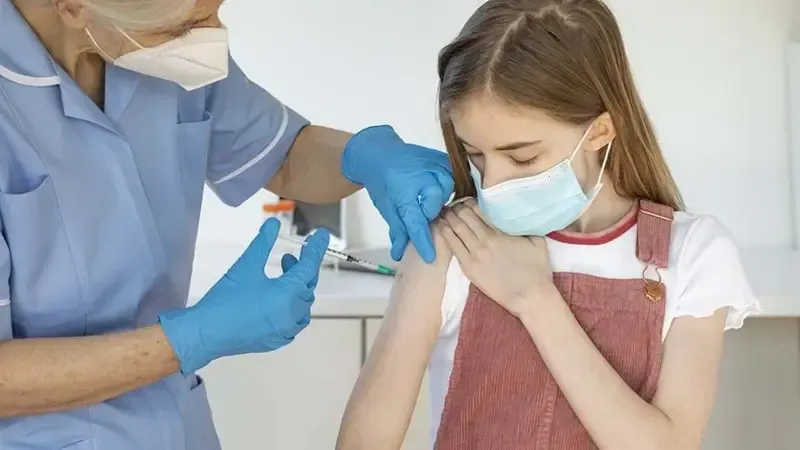
If the child has not received the age-appropriate vaccinations in a timely manner
If, for example, due to a move to another city, your child has not received a preventive vaccination according to age, you should contact your pediatrician or family doctor, who will examine your child and draw up an individual vaccination schedule taking into account the child's age and previous vaccinations, and explain where and when these vaccinations should be made.
Vaccination and war
If you have lost contact with your family doctor due to the war or other reasons, you should go to the nearest health care facility that provides preventive vaccinations, such as a general practice family medicine outpatient clinic or primary health care center (“polyclinic”) to receive the necessary preventive vaccinations.





















